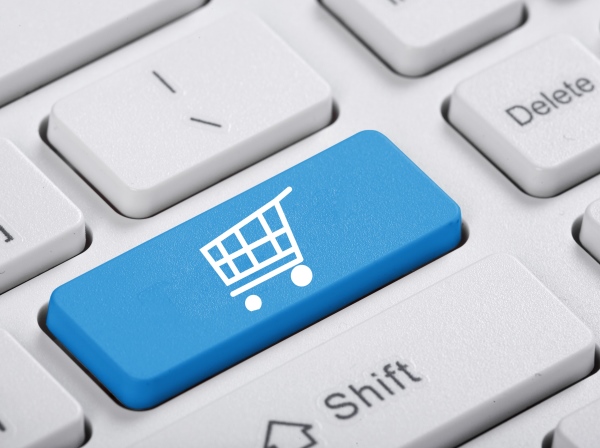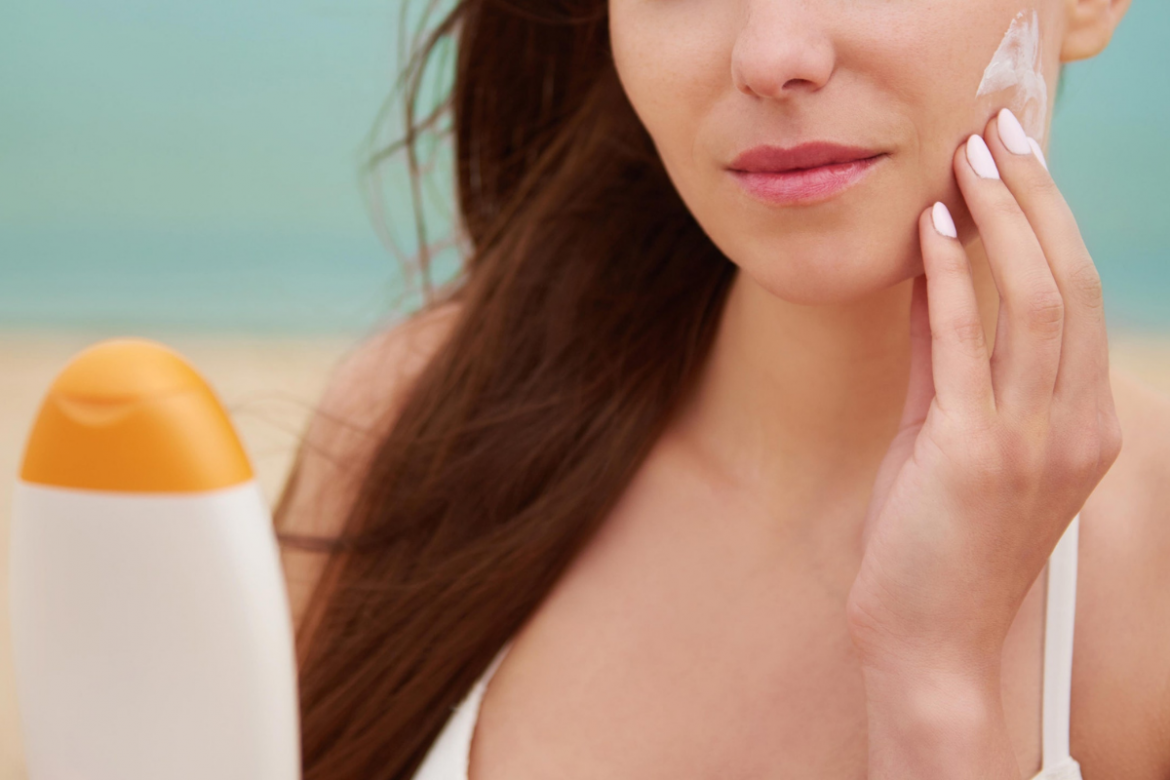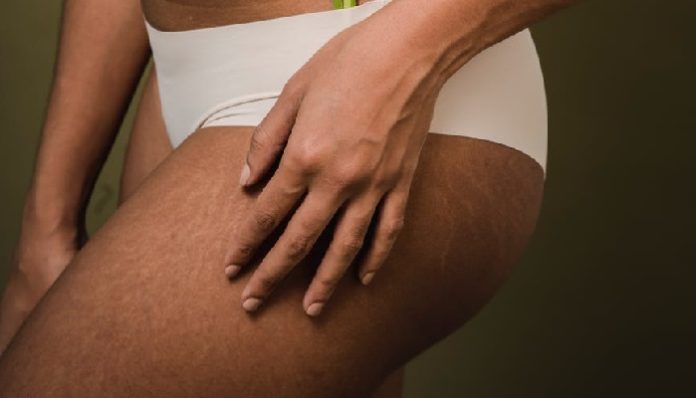

More than the usual quarter of online shoppers happen to be duped into buying fake make-up and skincare products, according to the latest research by MarkMonitor.
The brand protection company's global survey of 4000 consumers discovered that 32 percent had unwittingly purchased non-genuine makeup online while 25 percent had purchased non-genuine skincare products.
The consumers accessed the non-genuine products via a variety of channels including online marketplaces (39 percent), search engines like google (34 percent), mobile apps (22 percent) and social ads (20 %).
MarkMonitor chief marketing officer Anil Gupta said the internet counterfeit market is growing.
“The threat of counterfeiters is ever-present, affecting both brands and consumers.
“For brands it’s all about the lack of revenue, reputation and customer trust. However, with regards to non-genuine consumer goods such as cosmetics, skincare, sun care and medicines, the effects for shoppers are much better, affecting their own health and wellbeing.”
He said that consumers who bought non-genuine products online identified them as 'fake' because of “poor quality” (50 percent), “unofficial logo” (35 %), packaging (32 percent) and “an unpleasant reaction while using the product” (34 percent).
Once they identified an item as fake, 39 percent of shoppers contacted the retailer directly, a quarter left a review on social media/a website and 24 percent contacted an industry watchdog while 15 % did “nothing”.
Anil said it can be brands to make sure they have a solid online brand protection policy in place to deal with the counterfeit threat and keep their clients protected from harm.as the majority of consumers (83 percent) don't want to buy non-genuine make-up and skincare products.







